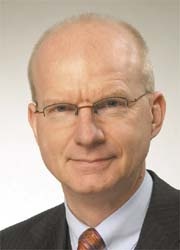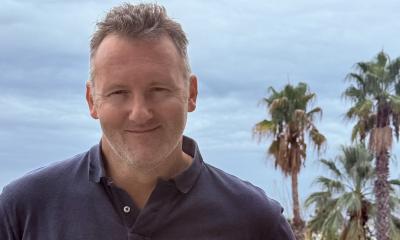125th German Society of Surgery Congress
The 125th Congress of the German Society of Surgery and the annual Congress of the German Society of Visceral Surgery (DVGC) in late April, examined the facts behind evidence-based medicine (EbM) under the banner Surgical Medicine - from Empiricism to Evidence, and also evaluated current opportunities in hospitals, science and research.

‘Is it the implementation of guidelines, the work of the society’s study centre, or the network of evidence-based medicine that will move the discipline closer to its objective – the best possible care for patients?’ asked Congress President Professor Rainer Arbogast. ‘Clinical decision making is a complex, often lonely and intricate task with profound consequences; it can be supported, but not substituted, by randomised, controlled studies (RCT). Moreover, we must remember that the term evidence has a very different meaning in continental Europe compared with Scotland, where the talk is of empirical evidence.’
The focus of several sessions fell on quality assurance. During an ’hour of the senators’, experienced surgeons evaluated training surgeons during their academic studies and in hospitals.
Two important meetings, held jointly with the new Surgical Working Group for Peri-operative Medicine within the German Society of Surgery, focused on peri-operative therapy in surgery.
The European Topic chosen by the DGVC was The Differentiated Therapy of Rectal Carcinoma, drew in international experts in the field, some of whom became honorary DGVC members. ‘In this area in particular we have gained new findings through prospective and randomised studies that will have an impact on our therapeutic strategies. The sessions on Certification Procedures and Minimum Quantities were closely linked to these topics,’ said DGVC President 2007/2008, Professor Ferdinand Köckerling.
03.05.2008





